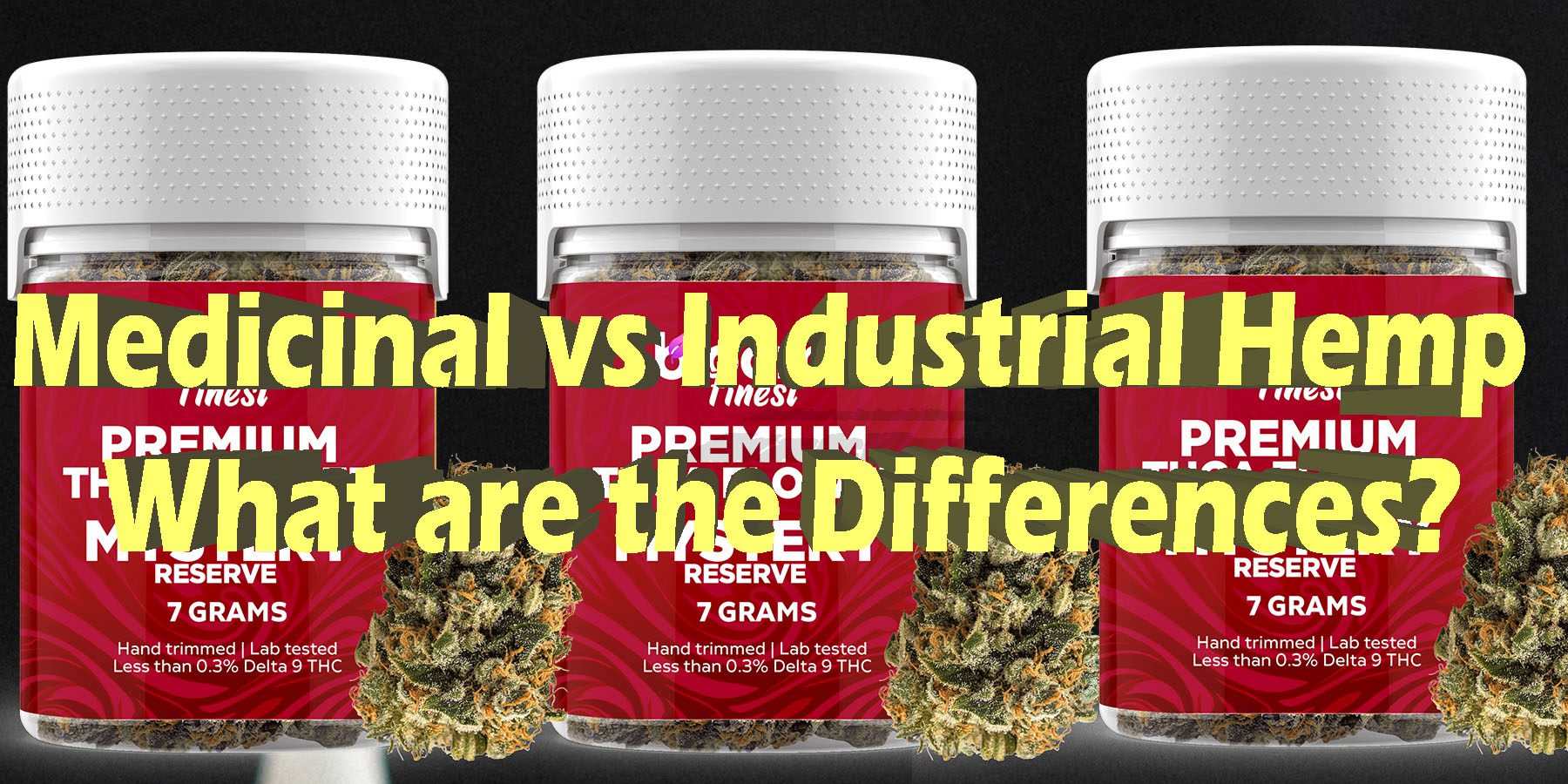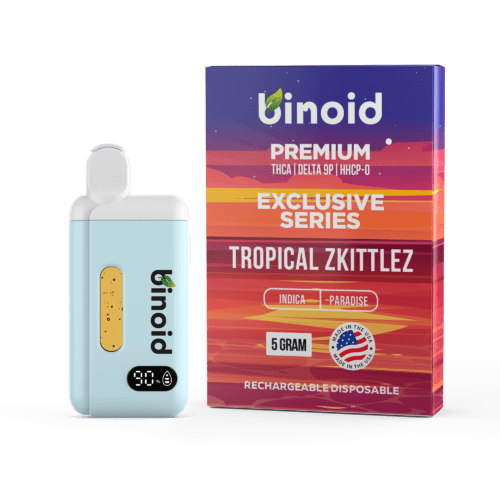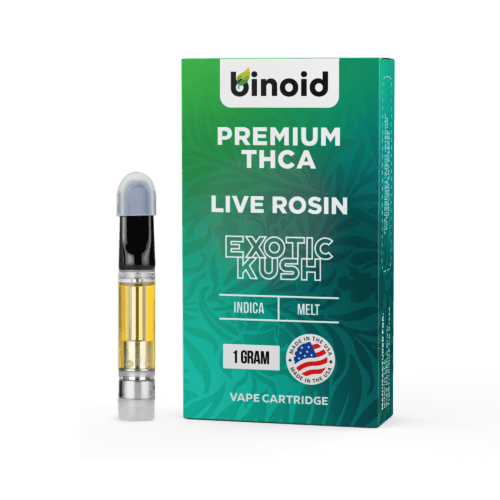Did you know the hemp plant has been a key part of our country’s agricultural output since America was first founded? However, there is no denying that there have been some hiccups along the way. As our country’s cannabis laws have evolved, hemp has gone from one of the most celebrated crops to one of the most demonized controlled substances, until only a few years ago when it’s medicinal value was once again explored, leading to nation-wide legalization.
One distinction that’s more recent is that between industrial hemp and medicinal grade hemp. In fact, for many, this may be the first time even hearing these terms.
TO BUY HEMP PRODUCTS CLICK HERE
What is Industrial Hemp?
The two plants we associate with the cannabis genus are marijuana and hemp, with the plants looking, smelling and tasting identical to one another, but with some major differences. Mainly, hemp is only about 0.3% THC – the dominant psychoactive compound that explains why marijuana gets us high – and so hemp is legal, since even a lot of the plant won’t cause the user to get intoxicated. For reference, marijuana yields about 15%-25% THC on average.
Industrial hemp is the standard term for the hemp plant, meaning that industrial hemp is no different from hemp that grows wildly in nature. The “industrial” aspect of its name comes from the fact that historically, hemp has been cultivated in America and across the world for various industries, due to its fibrous stalks which can be used to produce everything from rope to paper. In other words, technically, the term “industrial hemp” implies that the plant is not being used for its medicinal properties, but for its industrial uses.
Industrial hemp was a huge part of our nations agriculture starting in the late 18th Century, when early settlers were encouraged to grow the plant in order to support the new nation’s farming industry. Hemp was considered enormously useful for all kinds of emerging industries that would allow the country to sustain itself after separating from Great Britain.
-
Product on sale
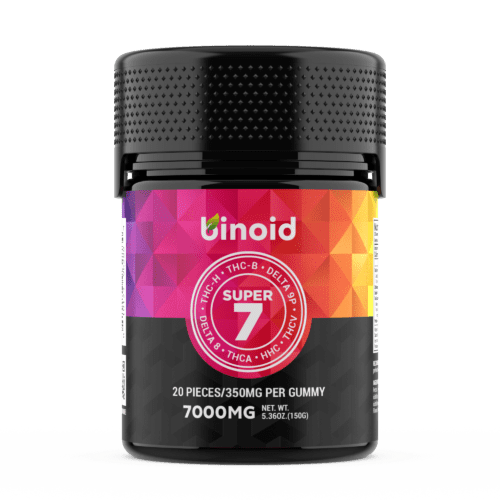 Super 7 Gummies – 7000MG$39.97
Super 7 Gummies – 7000MG$39.97$59.99
Uses for Industrial Hemp
Industrial hemp, like we said, is primarily cultivated for its fibrous stalks, which can then be used to produce a wide range of materials. Here are some of the most common uses for industrial hemp.
- Paper goods
- Rope
- Clothing
- Building materials
- Shoes
- Sails (for boats and ships)
Another thing about industrial hemp is that it’s the most common hemp used to produce hempseed oil. Hempseed oil is a cooking oil derived from the seeds of the plant, which are rich in nutrients like omega fatty acids and amino acids. The seeds of the plant contain no cannabinoids or terpenes, as these compounds don’t develop until the plant is mature. Hempseed oil is a valuable dietary oil that is known for its “healthy fats.”
-
Product on sale
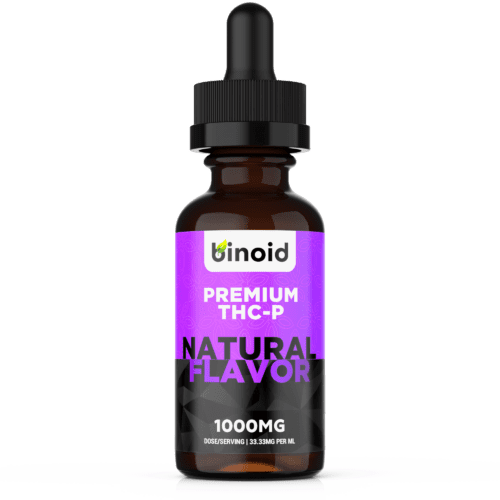 THC-P Tincture – 1000mg$30.99
THC-P Tincture – 1000mg$30.99$79.99
Medicinal Grade Hemp
Medicinal grade hemp is the standard for hemp that is used to produce products that we take internally – in other words, the products available at Binoid. Because the plant is taken internally, it must be grown under a unique set of standards to ensure absolute safety for the consumer, as well as a THC level within the legal limit, which is 0.3% by dry weight. That was part of the conditions of federally legalizing hemp – that it can only be sold and consumed if it contains a non-intoxicating amount of THC.
Medicinal grade hemp must not only contain a maximum of 0.3% delta 9 THC by dry weight, but its dominant chemical compound must be cannabidiol (CBD). For those who don’t know, CBD is the naturally dominant compound to begin with. Basically, the 2018 Farm Bill prevents farmers from developing high-tech breeding methods that yield more THC and less CBD.
Medicinal grade hemp must also be grown organically, under the set of standards maintained under the United States Department of Agriculture (USDA). Why? Because hemp is uniquely capable of absorbing nearby compounds that are in the surrounding soil, including potentially toxic compounds like those found in pesticides, along with heavy metals. So, if you’re buying a hemp product that’s made with medicinal grade hemp, this means that you’re consuming hemp that is fully organic, grown without the use of pesticides, herbicides, fungicides, or other unwanted potential environmental toxins.
-
Product on sale
 THCA Diamonds 2500mg – Live Rosin$37.99
THCA Diamonds 2500mg – Live Rosin$37.99$59.99
Uses for Medicinal Grade Hemp
Medicinal grade hemp is grown exclusively for the hemp products that we use internally, outside of hempseed oil. Medicinal grade hemp is grown not for its fibrous stalks, but its flowers, which are rich in beneficial compounds like cannabinoids, terpenes and flavonoids. Medicinal grade hemp is therefore used to produce products like:
- Hemp flower
- Vapes
- Tinctures
- Gummies
- Capsules
- Beverages
- Dabs/concentrates
Again, all Binoid products are derived from medicinal grade hemp. And, not to sound like a broken record, as you can see, it’s the superior form of hemp for any product that will be consumed internally, and it also fully complies with federal law.
Which Type of Hemp is Better?
Ultimately, industrial hemp and medicinal grade hemp are cultivated for two different purposes. When it comes to products like vapes, gummies, tinctures, dabs and so on, you want medicinal grade hemp, since it’s guaranteed organic, and complies with the law thanks to strict regulations placed on those who farm it. Binoid, of course, is proud to use the finest medicinal grade hemp for every one of our formulas, since we know that it’s cleaner, along with being richer in those amazing cannabinoids that our customers love.

